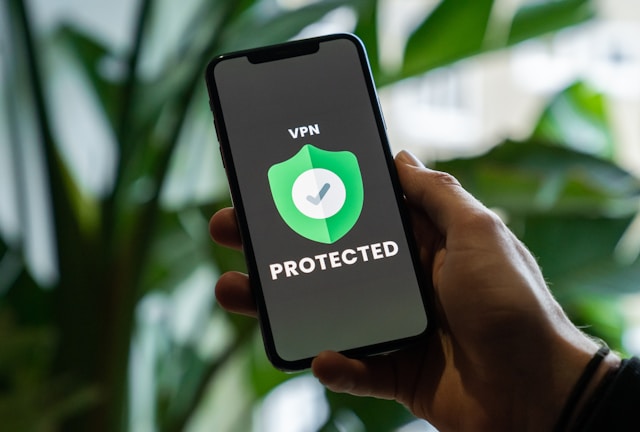Federal Minister Shaza Fatima Khawaja attributes slow internet speeds to increased use of VPNs, not government-imposed restrictions
Shaza Fatima Khawaja, Pakistan’s Federal Minister of State for Information Technology, has addressed concerns over the recent slowdown in internet services across the country. In a press conference on August 18, Khawaja clarified that the issue is primarily due to the widespread use of Virtual Private Networks (VPNs) rather than any deliberate government action.
Khawaja explained that following the blocking of certain apps and services, many users turned to VPNs to bypass these restrictions. This increased reliance on VPNs has reportedly caused congestion and a significant slowdown in both fixed and mobile internet speeds.
Embed from Getty Images“There has been a noticeable spike in VPN usage, which is placing an additional burden on our internet infrastructure,” Khawaja stated. She assured the public that the government is actively working on measures to address and alleviate the slowdown.
In addition to addressing the VPN issue, Khawaja announced the establishment of a Digitization Commission aimed at advancing the country’s digital economy. This initiative is part of broader efforts to improve IT infrastructure and boost exports in the technology sector.
The Pakistan Telecommunication Authority (PTA) has also been reported to consider implementing a new policy to regulate VPN usage nationwide. This policy follows a significant increase in VPN demand, particularly after the blocking of social media platform X (formerly Twitter) in February 2024. Reports indicate a 131% surge in VPN demand and a 300-400% increase in new user sign-ups with VPN providers like Surfshark.
Analysis:
Political: The government’s handling of internet regulations and VPN usage reflects broader political challenges in managing digital freedoms while addressing security concerns. The potential new policy on VPNs could become a contentious issue, balancing between security and user rights.
Social: The internet slowdown impacts many users, particularly freelancers and individuals relying on stable internet for work and communication. This situation highlights the broader social implications of digital policies and their effects on everyday life.
Racial: There is no direct racial impact of this issue. However, the broader context of internet access and digital freedoms can intersect with discussions about equity and access to information.
Gender: The internet slowdown affects all users, regardless of gender. However, in the context of economic impacts, women who are freelancers or depend on digital platforms might be disproportionately affected.
Economic: The slowdown in internet speeds can have economic repercussions, particularly for businesses and freelancers who rely on stable internet connections. The potential new policy on VPNs could also influence the digital economy and IT exports.
